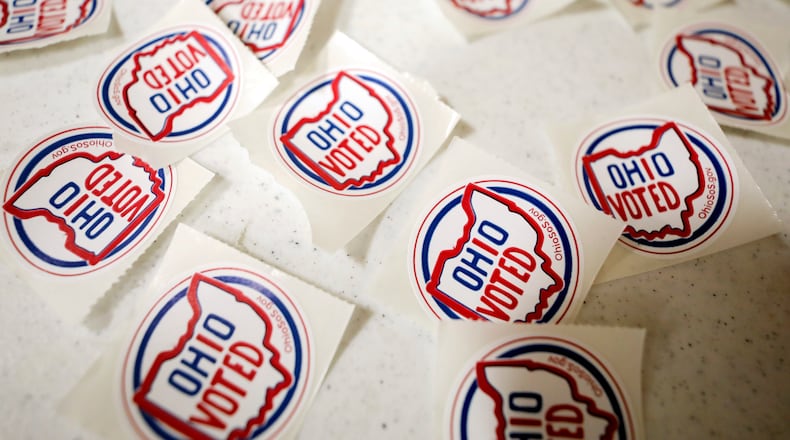Several of the questions submitted to this news organization honed in on the impact Issue 1 would have on parental rights. Broadly, parental rights or parental consent is the idea that a minor’s parents should have oversight and final say on what sort of medical advice or care their child receives. In Ohio, parental consent is mandated through a variety of laws.
Current law around parental consent and abortion mandates that minors need to have express permission from at least one legal guardian in order to get an abortion. A minor can also pursue permission through a court judgment without parental consent.
Some opposed to Issue 1 worry that the state’s parental consent laws would be nullified by the amendment. The concern is largely rooted in the belief that a court could find the amendment’s assertion that “every individual has a right to make and carry out one’s own reproductive decisions” to mean that a minor’s decision cannot be overridden by their parents.
“(The abortion-rights amendment) absolutely takes away parental consent if they’re successful, which they won’t be in November,” said Ohio Right to Life President Mike Gonidakis earlier this year.
Marc Clauson, a professor of history and law at Cedarville University, said he believes the parental consent concern is “a little overblown.”
“(Issue 1 would impact parental rights) only insofar as it deals with abortion rights themselves. In other words, would you be able to pass a law that requires notification of parents before a minor has an abortion? … It might restrict that. But, it wouldn’t deal beyond that with parents rights in general having to do with minors in relation to other aspects,” Clauson said.
Yost’s legal analysis notes that Issue 1 does not specifically address parental consent, but says “There is no guarantee that Ohio’s parental-consent law will remain in effect.” In areas not involving abortion, Yost says “challenges are certainly likely, with outcomes uncertain.”
“It would certainly be too much to say that under Issue 1 all treatments for gender dysphoria would be mandated at the minor’s individual discretion and without parental involvement,” Yost’s analysis says.
Gabriel Mann, spokesperson for Ohioans United for Reproductive Rights, the campaign that authored Issue 1 and got it on the ballot, pushed back on the possibility that Issue 1 would have any bearing on parental consent in Ohio, even in areas around reproductive health.
“Issue 1 does not change Ohio’s parental consent laws,” Mann said flatly.
About the Author

